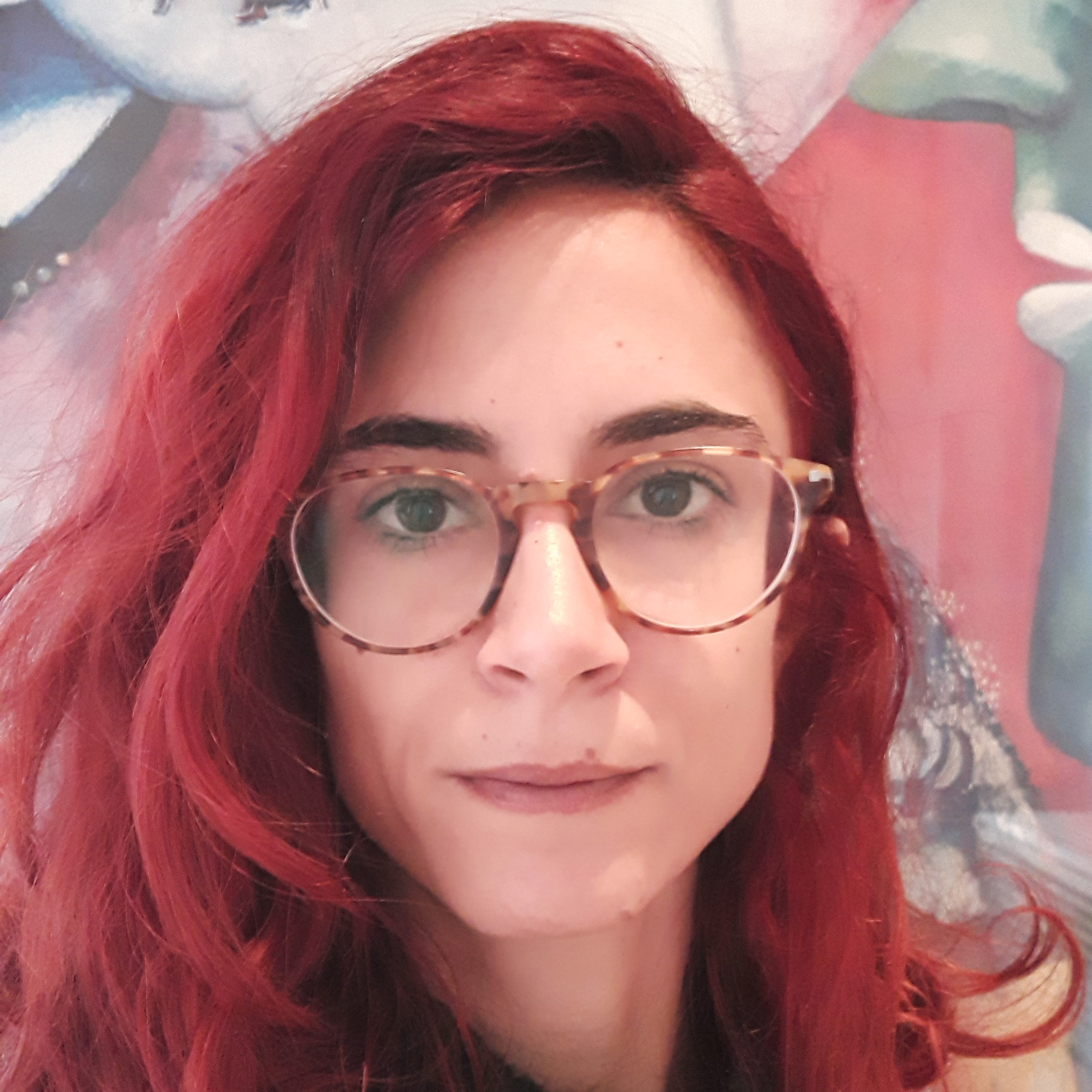The year is 2021, and Beirut is plunged into darkness. A spiraling economic and financial crisis, characterized as one of the worse in modern history, finally hit the electric grid. Securing electric power, and the means to afford it, is now one of the main struggles of Lebanese and non-Lebanese inhabitants of the country. With only one hour of electricity per day, life in the capital has been transformed, so have the lives of its residents. In the absence of basic and essential needs, time is now spent trying to secure fuel, gas, oil, water, and medicine. It is spent waiting for something to finally give or searching for a way out.
Thinking through this moment of total infrastructural collapse, the latest in a series of crises that have ravaged Lebanon since 2019, this talk approaches darkness as a time-space of speaking, a way of feeling, and a political metaphor. It considers how darkness transforms people into witnesses of history – of their own lives – and explores how this sensibility to time, developed against the routine and repetitive horrors that form the substance of the dark, infuses creative activity and cultural expression. Thinking through conversations with friends and strangers, as well as selected exilic poetry and philosophy of the 20th century, Mourad considers what other modes of attachment to the present, beyond hope and despair, are available to us here and now.
Trapped in the Present: Living in Dark Times
Sara Mourad (American University of Beirut / EUME Fellow 2021/22), Chair: Sana Tannoury-Karam (EUME Fellow 2020-22)
In cooperation with AL.Berlin as part of the AL.Festival.2021

Sara Mourad is a writer interested in the relationship between desire, deviance, and dissidence and the fictions/frictions of private and public life. She has published on these subjects in English and Arabic and her writings have appeared in the International Journal of Communication, Critical Studies in Media Communication, Jadaliyya, Al Jumhuriya, Rusted Radishes, and Megaphone among others.
Sara Mourad received her PhD in Communication from the University of Pennsylvania in Philadelphia. Since 2016, she is an Assistant Professor of Media Studies at the American University of Beirut, where she founded and co-directs the Women & Gender Studies Initiative. She is currently working on a monograph on women’s auto/biographical practices and the making of female subjectivity in contemporary Lebanon. In 2018, she was a Global Visiting Scholar at NYU’s Center for the Study of Gender and Sexuality. In 2021-2022, she is a EUME fellow at the Forum for Transregional Studies in Berlin.

